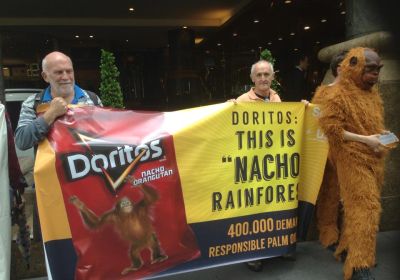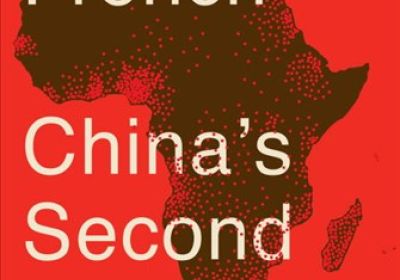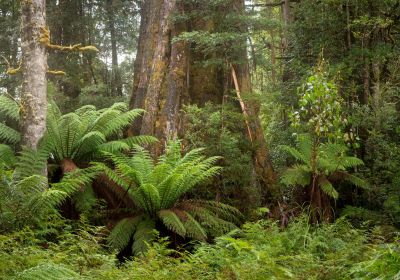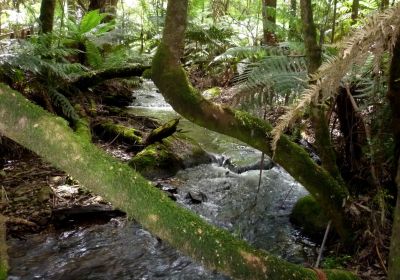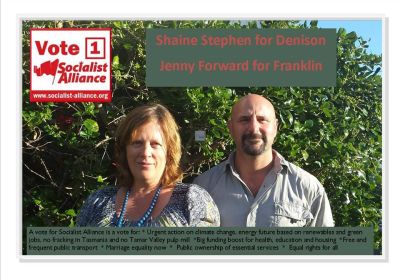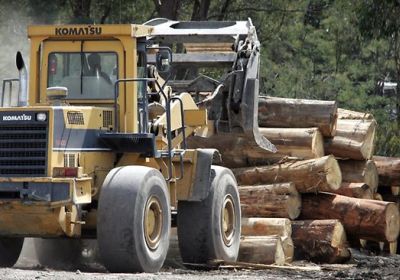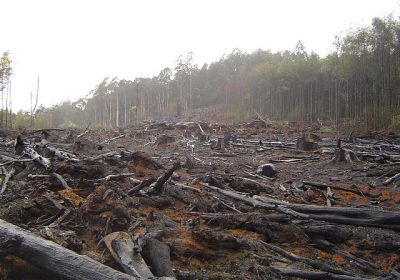
The federal government wants to allow burning native forest waste to qualify for renewable energy subsidies under the Renewable Energy Target (RET).
They reached a compromise with Labor early this month for a renewable energy target of 33 gigawatt hours (GWh).
However, negotiations have since broken down due to the federal government’s fine print inclusion of burning native forest biomass in furnaces and the retention of two-yearly reviews of the RET.
